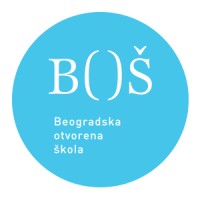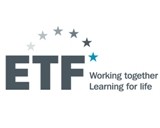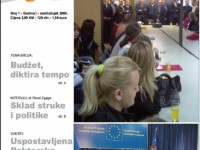The project "Education Reform in Serbia: National Council for Vocational Education" did public advocacy for establishing of National Council for Vocational Education.
The project refered to the Strategy for development of vocational education, which was enforced by the Government of the Republic of Serbia in December 2006, where it says that:
"In order for VET to adress the needs of economy, labour market and local government, it is necessary to have...further institutional development of VET on national level (establishment of the nationa authority/Council for Vocational Education)".
In accordance with this strategy, the project of Belgrade Open School had goal to:
1. Inform the public of Serbia with the cause - effect relationship between current condition of education system and increasing unemployment in Serbia, being one of the most problematic area of our society, recognize the current situation on labour market in Serbia, gap between systems of education and employment, and also the consequences of this disbalance;
2. Gather, connect and inform all the relevant stakeholders in the field of vocational education about the importance of reform of education and their role in that processM
3. Represent the function of relevant elements of civil society - social partners in the process of reform of education;
4. Publicly present creation of specific elements of education reform (curriculum, methodology, competences, results, life-long education), which should be analyzed by different structures of civil society - stakeholders in the system of vocational education.
The project "Education Reform in Serbia: National Council for Vocational Education" gathered representatives of relevant institutions, which formed Group for public advocacy. The coordinators of the Group for public advocacy were professor Refik Šećibović, Phd and Mrs Iskra Maksimović, Phd, the experts from Belgrade Open School, and the members were:
- Mrs Radmila Katić Bukumirić
Ministry of economics and regional development – Assistant of Minister for employment
- Mrs Vesna Čekić
Natioanl employment service – Chief of the Department for professional orientation
- Mrs Jasmina Tanasić
Standing Conference of Towns and Municipalities – representative of the Board for social politics
- Mr Jugoslav Bogdanović
High school «Uroš Predić», Zrenjanin
- Mrs Biljana Dimitrijević
The Chamber of Commerce and Industry of Serbia - Manager of the Service for vocational education
- Mr Branislav Čanak
United Trade Unions "Nezavisnost" ("Independence"), the president of Social - Economic Council
- Mr Zoran Stojiljković
United Trade Unions "Nezavisnost" ("Independence"), Republic Council for employment
- Mr Marijan Zović
Union of Employers of Serbia – Secretary general
- Mr Bojan Ristić
Ministry of education – Chief of the Department for vocational education
Project was conducted through public speakings across the country (round tables, local television coverage, meetings with the representatives of the Ministry of education, press conferences..)
The goal of this project was establishment of National Council for Vocational Education - permanent and active institution of social dialogue of relevant social partners in the field of VET and employment.
Since 2007 BOS did public advocacy for establishment of National Council for Vocational Education and that institution was established with the Law on the fundamentals of the education system form year 2009. The role of the Council is to design and follow the development of VET and to coordinate interests, needs and possibilities of all social partners and stakeholders.




